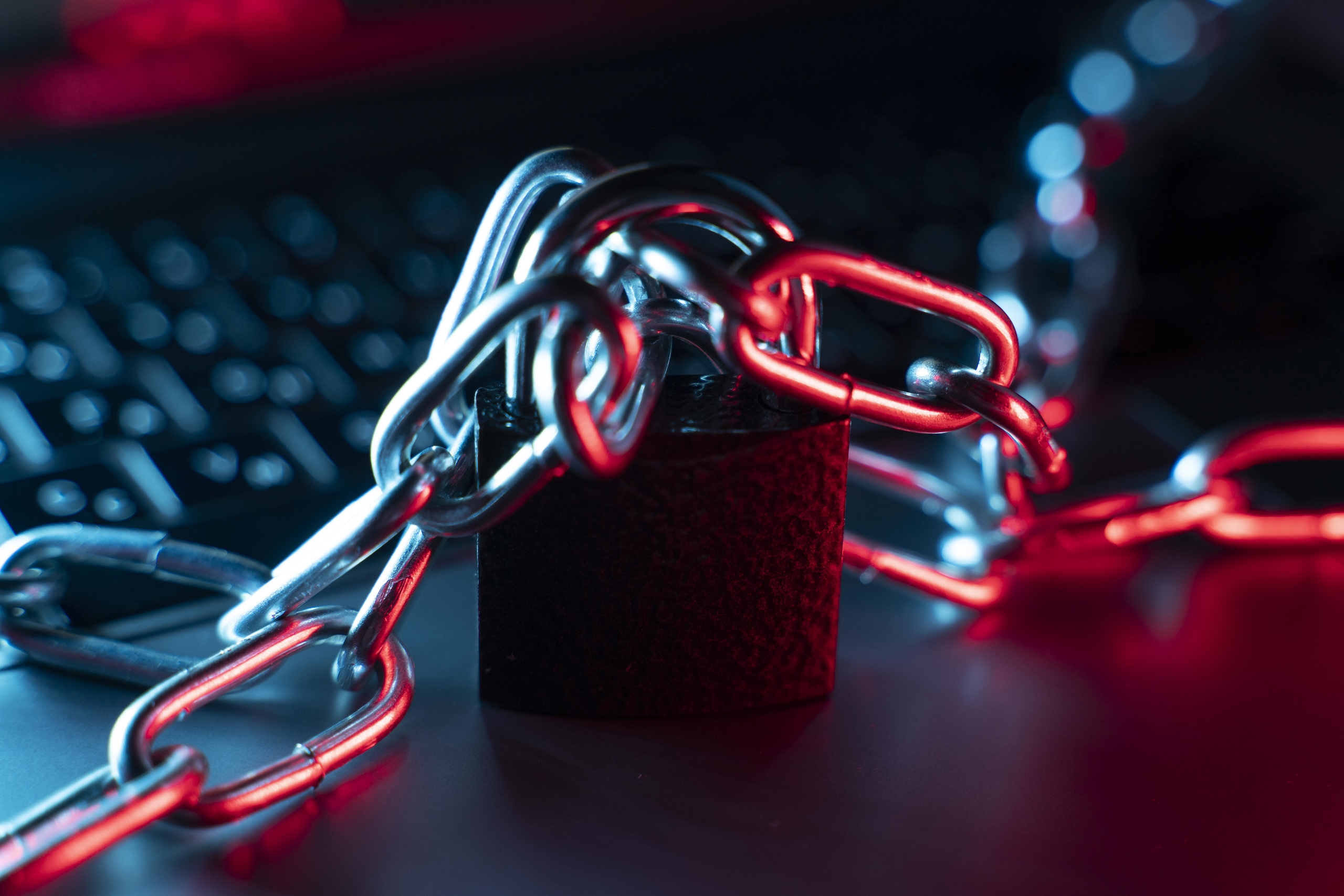
Understanding VPN Encryption: How It Protects Your Data
As cyber threats become more imminent than ever, online privacy has never become more critical for digital users. Almost every individual user has to feel threatened by the presence of hackers and other malicious threats on the internet; not to mention, government and third-party surveillance. One of the most effective tools to counter such threats is to use VPN encryption. VPN stands for Virtual Private Network. In fact, most users recognize these threats. That’s why the global VPN market in 2024 is worth $44.6 billion. One of the features of a VPN is that it shields your data from hackers, snoopers and other potential threats. This blog post will guide you through how VPN encryption works, why it is so effective, and why every digital user needs it. So read on to learn more.
What Is VPN Encryption?
VPNs convert a user’s data into a coded format which is called encrypting. The coded format can then be deciphered but only by authorized parties. When a user connects to a VPN, their data, meaning their internet traffic, is encrypted through what is called a “tunned” linking the VPN server and the user’s device. This ensures that the internet traffic and any data it holds is safe from the hands of potential interceptors such as hackers, ISPs (Internet Service Providers), and more.
Effectively, VPN encryption is like a digital lock that scrambles the alphabet of your data so that it can’t be read unless someone has the key to unscramble it or in other words, decipher it. VPN encryption is critical for sensitive tasks such as using passwords and banking details as well as personal communication on the internet.
VPN encryption can basically be broken down into three main steps:
- Data Encryption: When a user connects to a VPN, the data is encrypted by the VPN on the device before it even leaves the device.
- Data Transmission: The encrypted data is now sent through the secure VPN tunnel to its destination. The destination may be a specific service, an app, or a website.
- Data Decryption: When the data reaches the VPN server, it is decrypted and then sent to the destination. When the data is received it is encrypted again and then sent to the user’s device to be decrypted.
The encryption process used by VPNs implements complex algorithms and protocols to keep data safe. The most common encryption standard today is AES (Advanced Encryption Standard) which has 256-bit keys. AES is considered unbreakable with today’s computational technology.
Common VPN Encryption Protocols
Though the methods stay the same, there are various encryption protocols used by VPNs. Here is a short description of how each of the most common encryption protocols works:
- OpenVPN: OpenVPN is an industry standard for VPN encryption. It uses an open-source protocol and is known for being reliable while maintaining speed and security. It uses AES-256 encryption and supports both TCP (Transmission Control Protocol) and UDP (User Datagram Protocol) modes.
- WireGuard: WireGuard is newer compared to OpenVPN and is gaining more popularity as time goes on. It uses modern cryptography to provide a fast and efficient VPN experience. This ensures that it mostly outperforms protocols such as OpenVPN.
- IKEv2/IPsec: IKEv2/Internet Key Exchange version 2 is paired with IPsec/Internet Protocol Security is great for VPNs used on mobile devices. Its ability to quickly reconnect when switching networks such as switching from Wi-Fi to mobile data makes it a great choice for mobile devices.
- L2TP/IPsec: Layer 2 Tunneling Protocol coupled with IPsec is an older protocol that offers security but is slower compared to OpenVPN and WireGuard.
- PPTP: Point-to-Point Tunneling Protocol is one of the oldest VPN protocols available and while it is fast, it has weaker encryption compared to the other four protocols mentioned above. That’s why it’s generally not favored by users focused on security because it has too many vulnerabilities.
The Importance of VPN Encryption for Your Privacy
It’s important to understand why VPN encryption is important for protecting your data:
- Protects Against Hackers: Encrypted data is basically impossible for hackers to intercept and read. That’s even if they actually manage to access your network.
- Prevents ISP Tracking: ISPs usually monitor their user’s browsing activities and log them. A VPN encrypts your traffic which in turn prevents your ISP from seeing what you do online.
- Secures Public Wi-Fi Connections: Public Wi-Fi networks are notorious for their lack of security. This makes them a somewhat easy and accessible target for cybercriminals. A VPN encrypts your connection, making it safe to use public Wi-Fi without exposing any data.
- Bypasses Censorship and Geo-Restrictions: VPN encryption allows you to access content that may be restricted in your region by masking your true location and protecting your data from government surveillance.
- Maintains Your Anonymity: VPNs hide your IP address and encrypt your data, ensuring your online actions remain private and anonymous.
Conclusion
VPN encryption is one of the most powerful tools for digital users today to keep their data safe and secure and remain anonymous while browsing the internet. Whether you want to use a streaming service, bypass geo-restrictions, access public Wi-Fi, or simply browse the web, VPN encryption keeps cybercriminals at bay.
If you choose to keep your digital identity safe and secure, we recommend HorizonVPN. HorizonVPN offers state-of-the-art encryption with modern protocols, ensuring the highest level of security and performance with a money-back guarantee! Visit HorizonVPN.org to take control of your online privacy today!Meta Description: Learn how VPN encryption works and why it’s crucial for protecting your data from hackers, ISPs, and other prying eyes.


